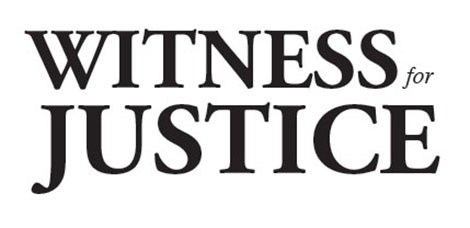Commentary: Not This Tax Reform
 As Congress takes up a long-promised bill to reform our federal taxes, we are once again thrust into a very loud, very confusing conversation that will undoubtedly produce more heat than light. The 429-page bill contains a few good provisions and many more that are harmful. But two key features make it unacceptably destructive of our nation and economy.
As Congress takes up a long-promised bill to reform our federal taxes, we are once again thrust into a very loud, very confusing conversation that will undoubtedly produce more heat than light. The 429-page bill contains a few good provisions and many more that are harmful. But two key features make it unacceptably destructive of our nation and economy.
First, the tax cuts will hugely increase the deficit by some $1.5 trillion over the next 10 years. This highly significant and harmful impact is already baked into the tax deal. There are times when the federal government needs to run a deficit (like during a recession) but this is not one of those times. We should instead be reducing the deficit so that in the future when one is needed, we will be able to afford it. In the past, many of the tax bills’ sponsors have been adamantly opposed to deficits, even when one was indicated. Ponder this: why are they supporting deficits now?
Many of the bill’s supporters argue that the tax cuts will inevitably lead to faster economic growth, boosting tax revenues enough to offset the cuts. Unfortunately, this doesn’t happen. The most recent attempt to achieve this magical outcome was in Kansas. In 2012-2013, under the urging of Gov. Sam Brownback, the Kansas legislature passed a massive cut in state income taxes with the expectation that economic growth would explode and bring in enough additional tax revenue to offset the cuts. But as Forbes, a leading business magazine, reports, “After four years of below-average growth, deepening budget deficits, and steep spending reductions, the GOP-dominated Kansas legislature has repealed many of the tax cuts at the heart of Governor Sam Brownback fiscal agenda…. Brownback vetoed the legislature’s first attempt to reverse his tax cuts, but two-thirds majorities in both the House and Senate overrode his veto.”
Forbes continues, “Overall [economic] growth and job creation in Kansas underperformed both the national economy and neighboring states… The tax cuts did produce one explosion, however. The state’s budget deficit was expected to hit $280 million [in 2017], despite major spending reductions.”
The second huge problem with Congress’ tax bill is who it benefits. Many proponents claim it helps the middle class, and some middle-class families will see their taxes fall. When tens of billions of dollars are being tossed around, crumbs are scattered quite widely. But the huge majority of tax cuts will benefit the wealthiest households and corporations.
To counter the charge that corporations will get big benefits, many of the bill’s proponents claim that an increase in corporate profits will translate into higher earnings for workers. They imply that if corporations only had more money they would surely pass some along in higher pay. (Note it is lawmakers making this claim, not CEOs!) The facts show otherwise. Corporate profits are already at record highs. (Check out how the stock market is doing.) The problem is firms don’t chose to share the largess with their employees except for those in the largest corner offices.
We do need tax reform but nothing like this version. Congress must oppose this bill.
Edith Rasell is Minister for Economic Justice of the United Church of Christ.
View this and other columns on the UCC’s Witness for Justice page.
Donate to support Witness for Justice.
Click here to download the bulletin insert.
Related News
Overworked, Overwhelmed, and Underpaid
It is overwhelming to be a human right now, and especially, a policy advocate with moral...
Read More“I am thirsty”
Last March, when a child who was stuck under the rubble of a collapsed building in Gaza saw...
Read MoreSpringing Forward
Spring is in bloom in my neighborhood. Trees are budding. Flowers are starting to blossom. The...
Read More

